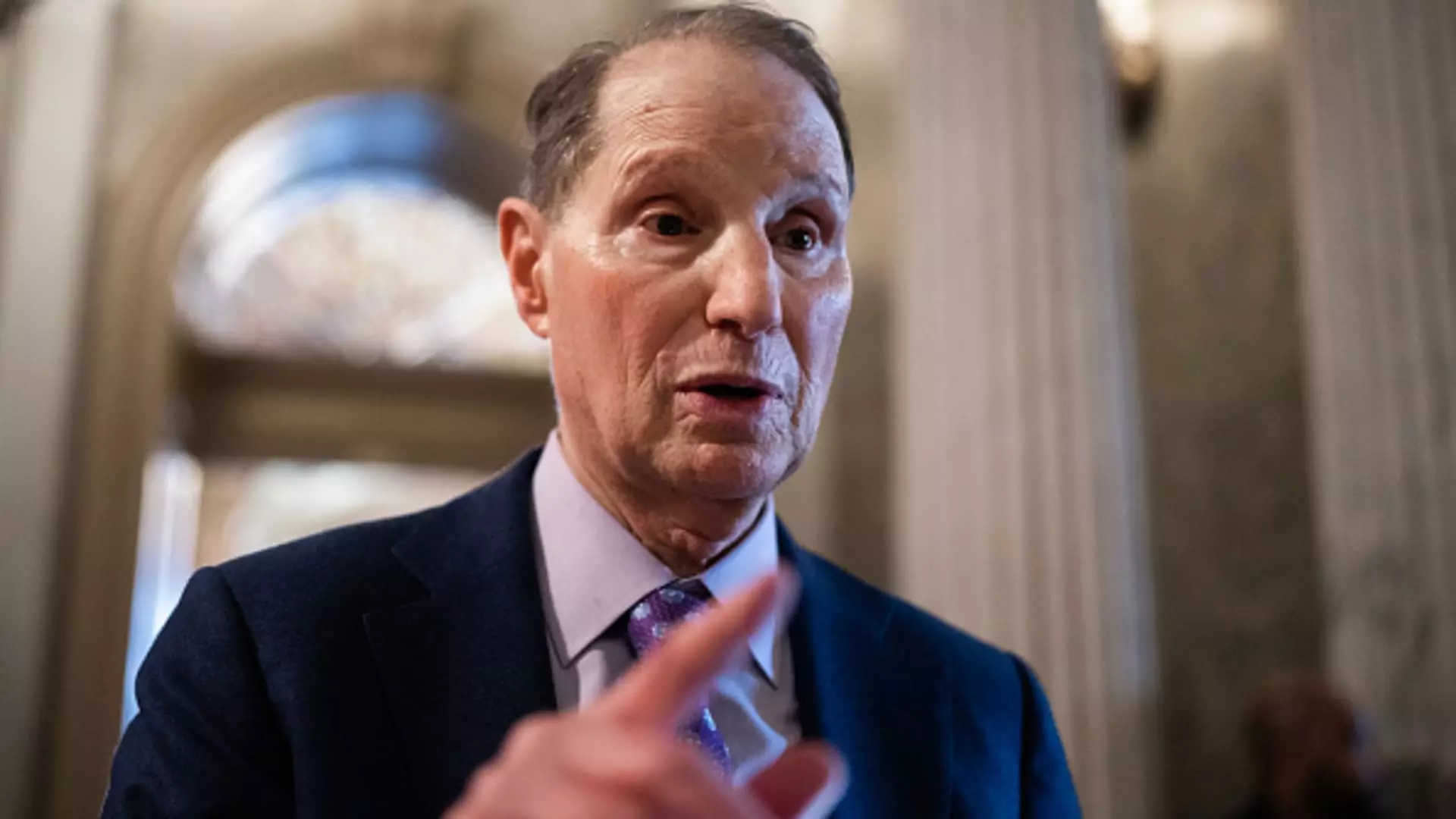Recent developments regarding Medicaid reimbursement portals indicate a significant disruption affecting healthcare providers across the United States. Reports from officials, including Senator Ron Wyden from Oregon, reveal that these crucial portals have been rendered inaccessible as a direct consequence of a funding freeze instigated by the Trump administration. This situation is unprecedented, with every state facing the repercussions of halted financial operations on the Medicaid system.
As the Medicaid payment systems stand still, healthcare providers—doctors and hospitals alike—are facing uncertainty in their operations. Senator Chris Murphy from Connecticut highlighted the severity of the issue, indicating that the payment systems have been “turned off.” This has raised alarming concerns as medical professionals are unable to process payments for services rendered, which consequently places a strain on healthcare facilities that rely on consistent cash flow. Murphy’s frustration resonates with many in the health sector, questioning how care can continue when financial resources are suddenly cut off.
The abrupt shutdown correlates with an OMB memo issued by acting Director Matthew Vaeth, who mandated a temporary halt on agency grants, loans, and other financial assistance programs. This memo requires an extensive review of financial support initiatives within federal agencies, reinforcing alignment with President Trump’s policy objectives. Such sweeping directives suggest a broader political agenda at play, potentially jeopardizing the welfare of millions who depend on Medicaid for their healthcare needs.
Public and political reactions have been swift, with calls for immediate clarification and action regarding the status of Medicaid payments. White House spokesperson Karoline Leavitt’s vague assurance—”I’ll check back on that and get back to you”—in response to inquiries about the impact of the OMB order only heightened concerns. Senator Murphy’s sharp retort underscored the urgency of the situation, emphasizing that 72 million individuals are reliant on Medicaid coverage. Such dismissive responses from government representatives can exacerbate public frustration and distrust, especially among those who feel their health and livelihood are being compromised.
As this developing story continues to unfold, it remains crucial for government entities, healthcare providers, and the public to remain engaged and informed. The dialogue surrounding Medicaid funding is more than just a bureaucratic issue; it reflects a fundamental challenge in how health care is financed and accessed in the U.S. Healthcare advocates and lawmakers must collaborate to ensure that essential services are not interrupted and to safeguard the interests of vulnerable populations who depend on these critical support systems. The situation requires urgent attention and decisive action to prevent a healthcare crisis stemming from financial negligence.


Leave a Reply